Essential water treatment solutions for urban areas
By Edit Team | January 16, 2019 12:03 pm SHARE
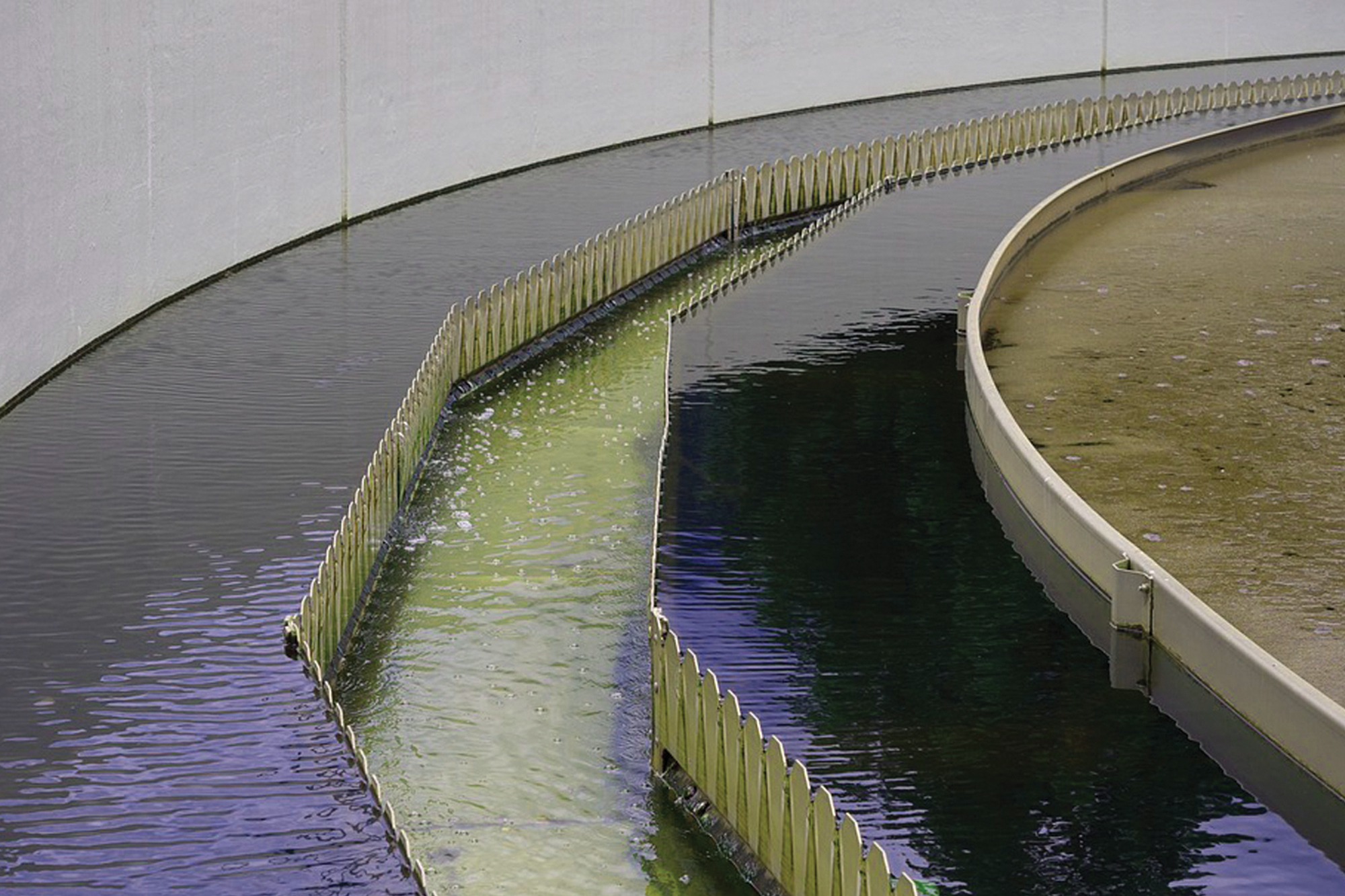
With increasing consciousness, numerous technologies have come up foreffective wastewater treatment.
Maintaining a balance between available water resources and the ever-increasing water demand presents a significant challenge today, especially in cities and urban areas. The population in urban and peri-urban areas will increase to 5 billion by 2030, according to estimates. In order to meet the massive demand for water, the natural resource must be effectively managed not just at the source, but throughout its lifecycle.
Adequate solutions by Ion Exchange
Ion Exchange assesses and develops innovative approaches to water and environment-related challenges. In addition to industries, the company strongly focus on offering water and wastewater treatment solutions for institutions, communities, municipalities and realty. Ion Exchange undertakes developmental projects for drinking water supply schemes and distribution systems, sewage treatment and disposal, sea water intake and desalination and solid waste management including waste to energy projects for the much needed integration between energy and the environment.
INDION packaged sewage treatment plant
The INDION Packaged Sewage Treatment plant allows waste water treatment and recovery and is tailor-fit for smaller industries, housing and commercial complexes, institutions, etc., as they are compact, user friendly and minimise use of power and chemicals to treat and reuse sewage or wastewater. Packaged sewage treatment plants are based on membrane bio-reactor (MBR), sequential batch reactor (SBR), moving bed bio reactor (MBBR) and an advanced version of attached growth process (NGPSTP).
INDION IPC membrane bio-reactor
INDION IPC membrane bio-reactor (INDION IPC MBR) is an innovation in MBR technology that combines the advantages of flat sheet and hollow fibre membrane systems while eliminating disadvantages of classically flat sheet MBR. The patented IPC flat sheet PVDF membranes allow operating waste water plants at extraordinarily higher flux thereby lowering footprint and energy demand combined with extremely good chemical resistance and life of membranes. The treated effluent meets all the discharge standards and can be reused without using chemicals.
The IPC MBR plant offers significant advantages as compared to conventional MBR membranes in performance and lifecycle costs of the recycle system. INDION IPC MBR reduces the unit cost of water, making it affordable for use by municipal corporations and industries to treat effluent, sewage or contaminated water, making it an alternate source of water. In addition, the technology is replicable and can be installed in housing complexes, hotels, institutions for similar purposes.
ANDICOS waste to energy
The ANDICOS system is an advanced integrated process for energy recovery through integration of waste water and organic solid waste. The ANDICOS design integrates state-of-the-art technologies like INDION IPC MBR and INDION Advanced Bio-methanation process to treat a combination of solid waste generated in sewage treatment process and organic kitchen waste generated in homes and communities.
The combined waste is first homogenised in a pre-treatment process followed by bio-methanation in the INDION Advanced Bio-methanation Reactor. The resultant biogas is further polished in a post treatment process to produce energy using biogas engine. Alternatively, the biogas can be further purified and compressed for use as an alternative fuel to compressed natural gas (CNG) or liquefied compressed natural gas (LNG) or used as heat source for producing hot water. The system is integrated with INDION Odour Control System. The heat generated from the biogas is used to dry the excess sludge to produce organic fertiliser that meets the required hygiene standards for use in agriculture and landscaping.
Zero B
The Zero B tap attachment marked Ion Exchange’s foray into the home water purification space. This small, revolutionary, economical, but extremely effective point-of-use tap attachment was born out of a conviction that everyone has a right to safe and clean drinking water. From this small unit, the Zero B brand has evolved into a total home water solutions provider, delivering products at every price point and category: household, urban and rural as well as institutional segments. Zero B range of products includes purifiers, softners, filters and coolers. High end products such as Zero B Eco RO are equipped with a unique HRR and ESS technology that reduces wastage of water up to 80 per cent. Ion Exchange’s Home Water Solutions division has an extensive network of retailers, direct sales personnel, service centres and strong institutional dealerships.
Waste water treatment promotes water recyclability
According to Shruti Dumbhare, Account Manager, Organica Biotech Pvt Ltd, “It is imperative to treat waste water from urban cities to further promote water recyclability- to reduce the gap between demand and supply of water resources. In fact, the future of water supply in urban cities for potable uses will depend on effective waste water treatment.” According to a recent survey conducted by Central Pollution Control Board (CPCB) of India, urban cities (including Class 1 and Class 2 cities) generate 38, 254 MLD of sewage including industrial expels and discharges from the community. Only 20-30 per cent of this wastewater is subjected to appropriate treatment. Release of untreated sewage in the surrounding water body poses a serious threat to the environment and well-being of humans at large.
This calls for effective methods for treating waste water. Secondary treatment tanks, when commissioned with correct microbial blends, can account for 80-85 per cent reduction in pollution parameters. Bioremediation essentially comprises of addition of certain microbial strains which aid in degradation of various complex and recalcitrant compounds. This method is extremely cost effective (costs around 5 per cent of the total operational expenses) and can be tailored to suit the demands of various industries and municipal STPs. These can aid in breakdown of ‘difficult to degrade compounds’ like lipids, fats, chlorinated molecules, quinolines, dyes, polyaromatic compounds, glycol ether, cyanide and heterocyclic compounds.
Availability of efficient chemicals and equipment
The physico-chemical methods for waste water treatment are expensive and can potentially harm the environment. Dumbhare says, “Initially, we faced immense challenges as most industries relied on cow dung as ‘microbial source’ for wastewater treatment. However, cow dung is difficult to procure, contains high pathogen count and is very unpredictable. We at Organica Biotech provides a remedial microbial blend for all the waste water woes.”
Cleanmaxx series of waste water treatment products lead to reduction in CAPEX/OPEX costs resulting in maximal savings for the industries. A growing number of industries have chosen quality over costs and opted for our technology. With growing awareness, this number is bound to increase further.
Organica Biotech is driven by the urge of producing high quality solutions at affordable prices. The all-round technology confers the following benefits:
•Degrades ‘difficult to degrade’ compounds.
•Reduces COD/BOD levels.
•Handles variable shock loads.
•Curbs foaming and scumming.
•Reduces odour and colour intensity.
•Reduces nitrates and phosphates.
“Future of water supply in urban cities for potable uses will depend on effective waste water treatment.”
Shruti Dumbhare, Account Manager, Organica Biotech Pvt Ltd
Cookie Consent
We use cookies to personalize your experience. By continuing to visit this website you agree to our Terms & Conditions, Privacy Policy and Cookie Policy.




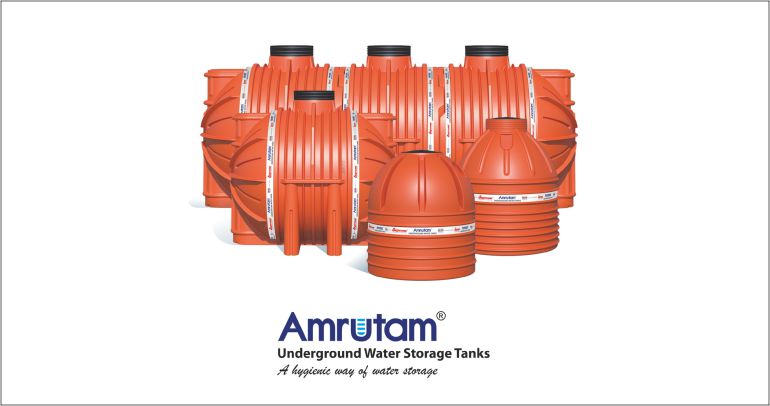

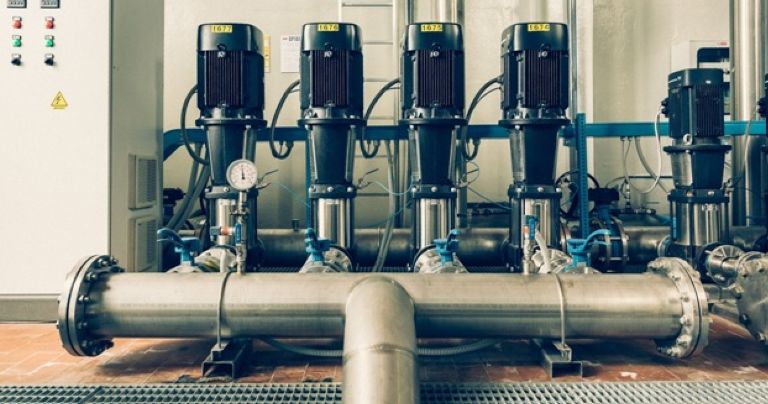
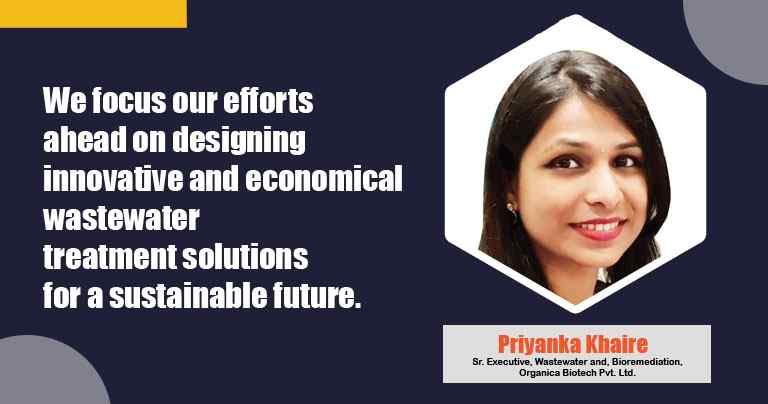
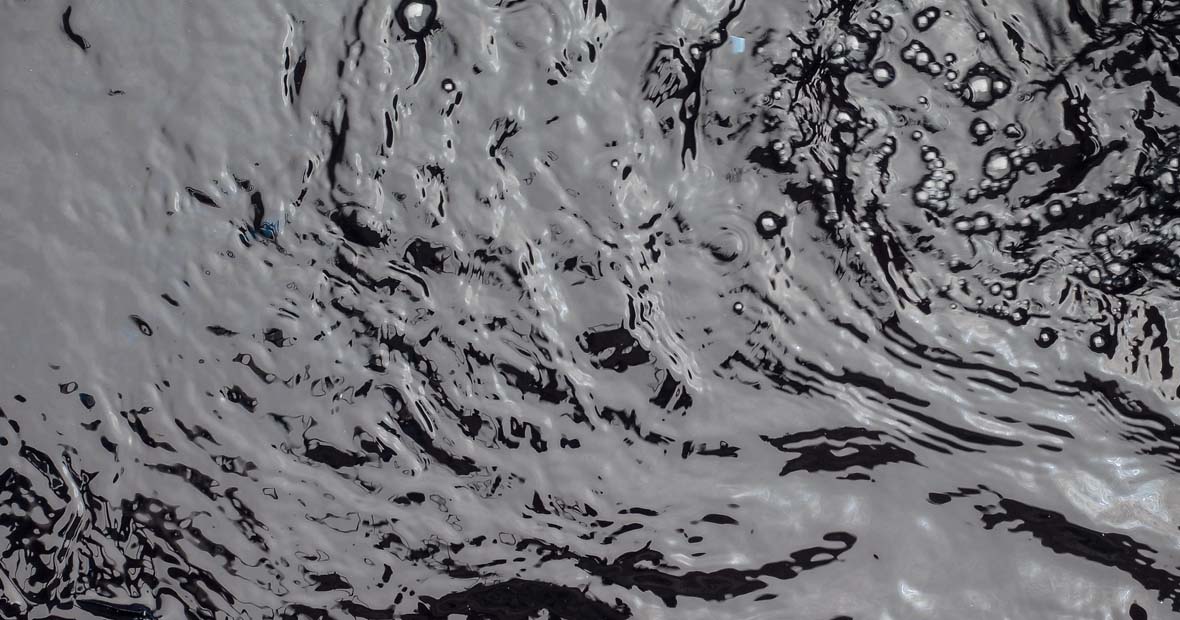




























-20240213125207.png)

























